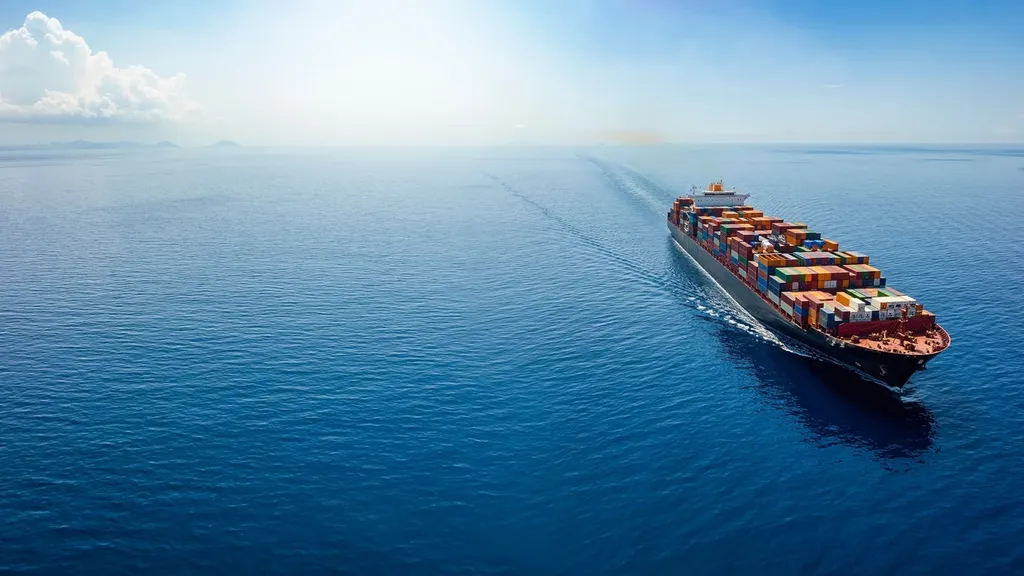The UK’s maritime decarbonisation push just got a high-tech boost. A consortium led by CGI, with Maritime UK and Heriot-Watt University’s Industrial Decarbonisation Research and Innovation Centre (IDRIC), has secured over £1m ($1.35m) to develop MaritimeTwin—a digital twin solution aimed at slashing UK shipping emissions by up to 15%. This isn’t just another green initiative; it’s a strategic play to future-proof the sector using real-time data and machine learning.
At the heart of MaritimeTwin is a prototype that merges satellite data with digital twin technology to optimise route planning, fuel consumption, and emissions tracking. The tool will simulate scenarios using live environmental data—weather, ocean currents, port conditions—and continuously refine its recommendations through machine learning. CGI’s DataTwin360 and EcoHub platforms will power the system, allowing shipping operators to model different strategies and make data-driven decisions.
The urgency is clear. Maritime emissions currently account for 3% of global greenhouse gases, but without intervention, that figure could balloon to 10% by 2050. MaritimeTwin isn’t just about cutting emissions—it’s about staying ahead of the curve. CGI’s Mattie Yeta underscores the dual impact: “This award enables the development of a demonstrator that leverages real-time data to deliver tangible impact across the maritime sector. This project addresses the urgent need for maritime decarbonisation but also strengthens the UK’s position as a leader in clean maritime technology, driving economic growth and creating high-skilled jobs in the sector.”
Heriot-Watt University’s Mercedes Maroto-Valer highlights the project’s rigorous research backbone: “The pace and complexity of pathways to decarbonisation for maritime transport demands rigorous and independent research. The MaritimeTwin consortium will enable rapid development and deployment of a transformative solution for the maritime industry through close collaboration and access to real-world testing to accelerate commercialisation.”
The project is backed by the UK Shipping Office for Reducing Emissions (UK SHORE) under the Clean Maritime Demonstration Competition (CMDC) Round 6. Maritime UK’s Chris Shirling-Rooke emphasises the importance of industry collaboration: “Maritime UK is proud to play a role in the MaritimeTwin CMDC6 project. Our focus is on ensuring that end users and industry stakeholders are meaningfully engaged and represented throughout the project, providing forums where they can help to shape a solution that is both technically robust and market viable.”
Innovate UK’s Neale Ryan highlights the broader implications: “The MaritimeTwin initiative shows what can be achieved when we rethink every part of maritime technology—from engine design to IT systems. CGI’s digital twin system has exciting potential to help UK and international vessels find smarter, lower-carbon routes that could make a marked reduction in shipping emissions.”
This isn’t just about cutting emissions—it’s about redefining how the maritime industry operates. By integrating real-time data and machine learning, MaritimeTwin could set a new standard for efficiency and sustainability. The question is: Will other nations follow suit, or will the UK lead the charge in digital maritime innovation? The stakes are high, and the clock is ticking.

